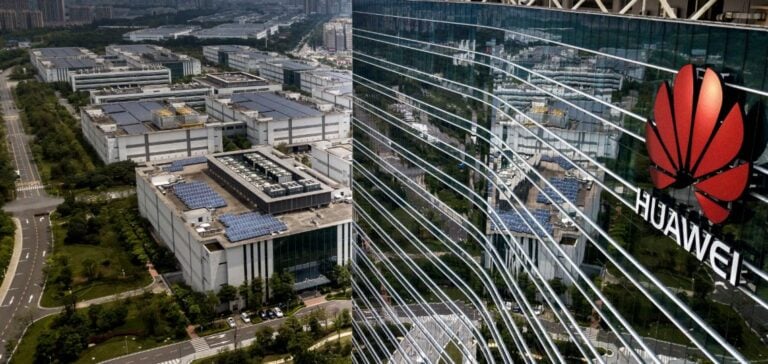In 2024, electric vehicle sales in China surpassed fuel-powered car sales for the first time, marking a 20% increase compared to the previous year. This evolution reflects the rise of intelligent technologies, where key players like Huawei are central to the integration of advanced solutions.
A market driven by innovation
Huawei’s ADS 3.0 intelligent driving solutions, integrated into models like Dongfeng’s Voyah Dream, highlight technological efforts. This system combines sophisticated sensors, such as lidars and radars, to optimize safety and driving management. Other manufacturers, like Chang’an Auto, are also collaborating with Huawei to integrate these innovations into flagship models, including the Deepal L07.
The Chinese market is embracing these technologies in a context of growing demand for connected vehicles, fueled by government incentives and a strategic transformation of automotive companies.
Digital platforms and ecosystems
Huawei relies on its Intelligent Digital Vehicle Platform (IDVP), which enhances customization through an advanced software architecture. This technology offers manufacturers flexibility to develop software-defined vehicles, meeting consumer expectations for regular updates and personalized experiences.
As part of its ecosystem expansion, Huawei also provides cloud services to optimize vehicle lifecycle management. These services include real-time diagnostics, automatic software updates, and thermal management tools, improving operational efficiency.
A strategic lever for the industry
The adoption of these solutions aligns with political and economic dynamics. The Chinese government promotes investments in intelligent mobility technologies, consistent with its long-term climate objectives. Collaborations between Huawei and manufacturers such as Chang’an Auto and Dongfeng highlight the strategic importance of these partnerships in accelerating innovation and international competitiveness.
The integration of advanced technologies like head-up displays and acoustic management systems also strengthens China’s position as a global leader in connected electric vehicles.






















